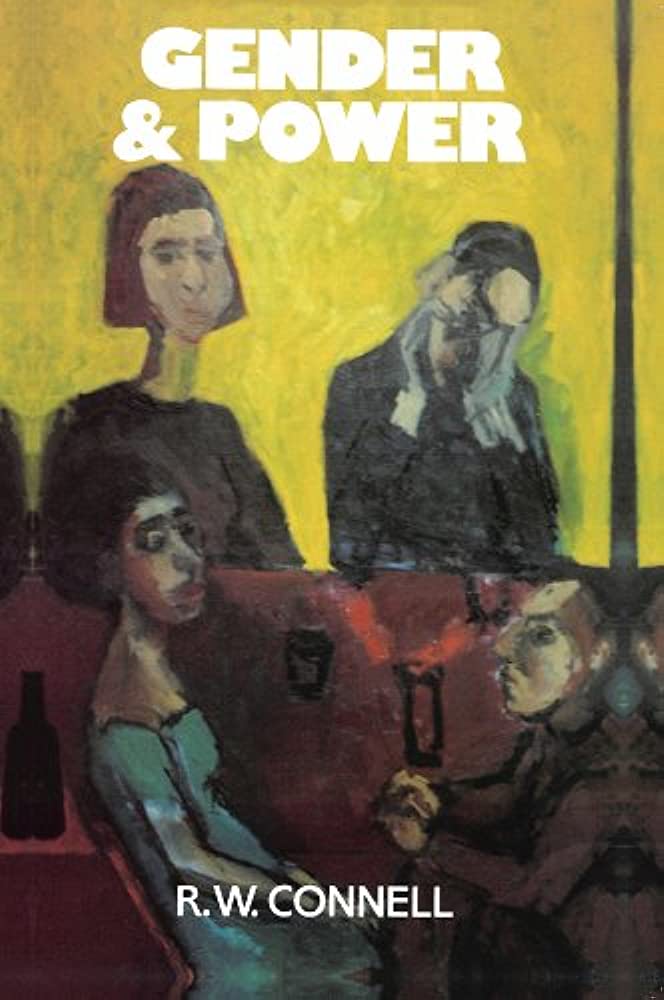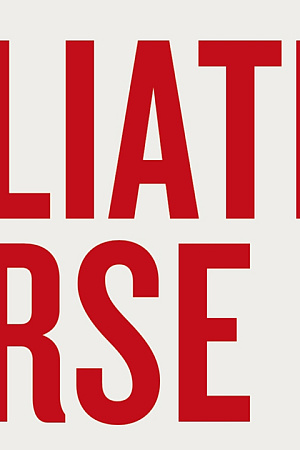Gender and Power
Allen & Unwin, $19.95 pb, 344 pp
Taking feminists and gays seriously
A founding figure in the Sociology Department at Flinders and now Professor at Macquarie, Bob Connell is almost certainly the most significant figure in sociology in Australia. If sociology has traditionally been a poor relation in our older universities to both politics and anthropology, its current claims to influence owe a considerable amount to the directions in which Connell has pushed it.
For Connell, sociology has always been a discipline that can contribute directly to the political project of establishing a more humane and equitable society, and his concerns have been largely around the major dimensions of inequality along lines of class and gender (racial and national divisions have been far less of a preoccupation, although he acknowledges their significance). His work has been heavily anchored in the Australian experience, though with a larger theoretical interest; in a submission to the C.R.A.S.T.E Committee he argued for encouraging original theoretical work in Australia rather than merely Australianising the empirical content of scholarship.
Those familiar with the earlier works of Connell (Ruling Class, Ruling Culture, Which way is up? and, with various collaborators, Class Structure in Australian History, Making the Difference, etc.) will recognise many of his earlier concerns in this book. They will also recognise the distinctive Connell breadth of scholarship, his ability to reduce complex and arcane ideas to understandable propositions without thereby trivialising them, and the sheer density of the Connell prose, which requires careful reading not to miss any of the ideas that fly out from each sentence. Gender and Power is in many ways a work of major synthesis, both of Connell’s own work in this area and of the writings of a whole range of disciplines in what he claims is the most interesting area of social theorising currently taking place.
The main project of the book is ‘to propose the outline of a systemic social theory of gender’, an outline informed by Connell’s underlying commitment to a historical understanding of human relations and the importance of human agency. Connell has been very influenced by ideas of feminism and gay liberation, and in sharp contrast to the great bulk of heterosexual male sociologists recognises the importance of the personal: ‘Most of the radical theorising of gender has been done by women or by gay men. I am a heterosexual man, married, middle-aged, with a tenured academic job in an affluent society – in world terms one of the very rich and secure.’
To Adam Farrar, writing in Australian Society, these characteristics seem to disqualify Connell from theorising about gender. But as a gay man involved in similar work, I know the significance of Connell’s support; many research projects, theses, and books have been helped not inconsiderably by the way in which Bob has given legitimacy and encouragement to their authors. His writings are a model of scrupulousness in acknowledging the source of ideas and paying tribute to the work done by others.
Gender and Power is a book that may seem forbidding to those unused to academic prose, but one that well pays the effort of careful reading. His project requires Bob to cover the range of human activities, and his sources stretch from archaeology to modern literature and existentional psychoanalysis. Out of this diversity of sources comes the sketch of an all-embracing theory of gender, one that understands it as socially constructed: ‘My male body does not confer masculinity on me, it receives masculinity (or some fraction thereof) as its social definition.’
The heart of Connell’s analysis probably lies in his discussion of the different arenas within which gender relations are constructed: the division of labour; authority, control, and coercion; and the conduct of emotional relationships (labour, power, and cathexis). Out of this analysis comes the central chapter of the book on ‘Gender Regimes and the Gender Order’, which provides one of the clearest (if necessarily incomplete) discussions of the social meaning of gender in the literature.
There is one major problem in the overall theoretical framework presented here, and that is the way in which sexuality is seen to be constructed out of gender, so that, for example, Bob speaks of the traumas of ‘coming out’ as gay within the family as ‘dependent on the interaction with parents’ masculinity and femininity’.
Now the construction of sexuality is clearly related to that of gender, but there are also conceptual differences: Bob is attracted to the understanding of (male) homosexuality which sees it as a rejection of dominant masculinity (while acknowledging that in certain forms it may also be an affirmation).
But while Bob discusses male homosexuality within this framework he has less to say about lesbianism, and its relationship to socially constructed femininity (there is a major controversy here, which Bob partly ignores, about how far specifically sexual desire is the essential element of lesbianism). Nonetheless, Bob does recognise the significance of gay theory to his overall project (unlike the National Library, which has catalogued the book under the headings ‘Feminism/Sociology/Women’s Social Conditions’, thus unintentionally making the point that sexuality and gender are different concepts).
If, as Bob argues, gender and sexuality are historical constructs then their deconstruction is essentially a political project, and one that has implications for all the major political movements of our time. Unfortunately, Gender and Power will not be read by those hard-headed leftists who extol an essentially masculinist version of politics as dealing with economic-based power. The ‘hard’ – even large sections of the ‘soft’ – left are unlikely to recognise the challenge thrown out by Connell when he writes: ‘Gender divisions are a fundamental and essential feature of the capitalist system; arguably as fundamental as class divisions. Socialist theory cannot any longer evade the fact that capitalism is run by, and mainly to the advantage of, men.’
This is an enormous pity, for Connell writes as someone committed to major change in the social order, and equally with the conviction that intellectual work matters. Part of what attracts him to the feminist and gay movements, indeed, is their openness to both theory and experience; unfortunately, few straight male leftists share Bob’s ease with movements that seek to undermine ‘hegemonic masculinity’.
Gender and Power seeks simultaneously to introduce and to evaluate the massive literature on gender and sexuality which two decades of social movements have inspired. It may well be the most important work of social theorising published by an Australian since Hugh Stretton’s Capitalism, Socialism and the Environment; that it has received virtually no attention here tells us more about the narrowness of our intellectual culture (which defines ‘writing’ as novels and poetry, preferably first-person and set in Australia) than about the importance of Connell’s work. The best social and political theorising falls between the rigidities of academia and the purism of literary critics, and is ignored by both, not helped, in this case, by the signal failure of Connell’s publishers to generate publicity for the book.












Leave a comment
If you are an ABR subscriber, you will need to sign in to post a comment.
If you have forgotten your sign in details, or if you receive an error message when trying to submit your comment, please email your comment (and the name of the article to which it relates) to ABR Comments. We will review your comment and, subject to approval, we will post it under your name.
Please note that all comments must be approved by ABR and comply with our Terms & Conditions.